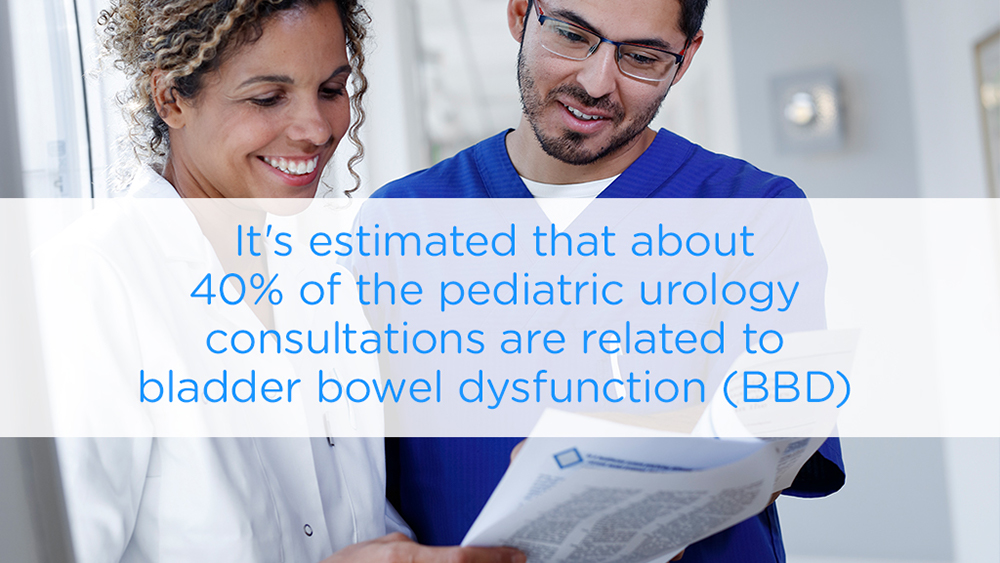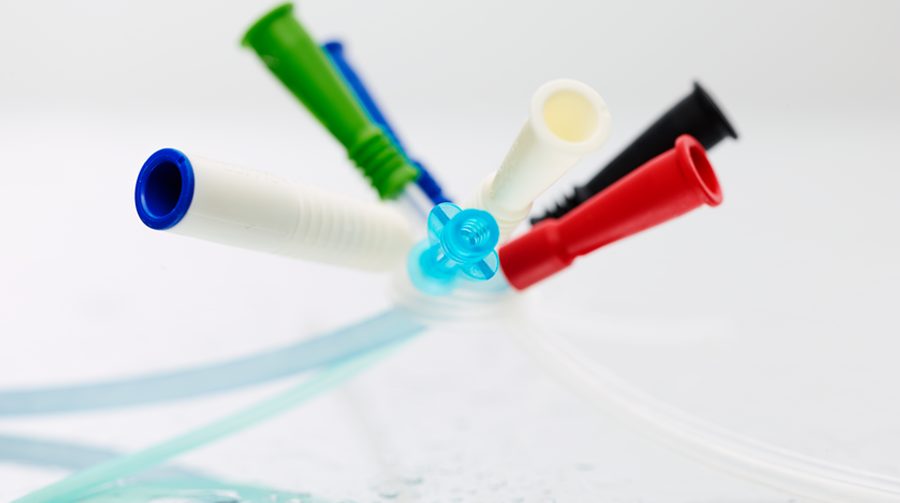These symptoms of the lower urinary tract should be addressed early, as it may continue throughout adulthood, leading to significant morbidity.
Read MoreTopics: Science Alert, Bowel dysfunction, Bladder dysfunction
A new and convenient way to view LoFric clinical evidence
Wellspect Wizard is a dynamic, digital platform that gathers clinical evidence for LoFric catheters and IC, presented in an easy-to-use, comprehensive format.
Topics: Navina Smart, Clinical Evidence, LoFric
What does the word dignity really mean? A quick search online gives some direction: “Dignity is the right of a person to be valued and respected for their own sake, and to be treated ethically”. But we wanted a deeper understanding of what that means in practice and decided to discuss this topic with a group of nurses in UK.
Read MoreTopics: Bladder dysfunction, Intermittent Catheterization, dignity
One common reason behind lower urinary tract dysfunction is neurological damage secondary to spinal cord injury (SCI), spina bifida, or multiple sclerosis. Even though the everyday situation is different for people living with these conditions, they share many problems linked to their bladder.
Read MoreTopics: Neurogenic bladder, Spinal Cord Injury (SCI), Multiple Sklerose (MS)
Intermittent catheterization is a therapy that comes with many barriers. Barriers sometimes prevent practicing intermittent catheterization accurately and as a result the positive outcomes are lost.
Read MoreTopics: Clean Intermittent Catheterization (CIC)








